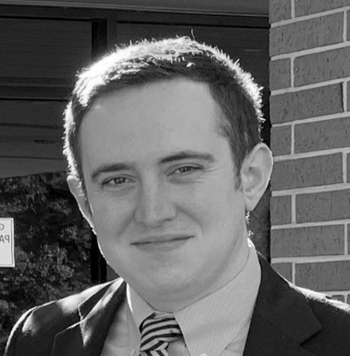Future teachers offered Master's in 'social justice' curriculum
Loyola University Maryland recently announced that it will offer a Master’s degree program with a focus on “Curriculum and Instruction for Social Justice” for aspiring K-12 teachers.
According to the school’s website, the “33-credit Master of Arts degree is designed to help students understand the broader field of education, critically analyze it, and consider it as an instrument of positive change.”
[RELATED: College offers social justice Master’s for ‘scholar-activists’]
“Grounded in social justice theories and informed by current understandings of learning, graduates will appreciate the rich assets within marginalized communities that can be harnessed to enhance the lives of students and empower communities, while understanding how dominant structures and institutions have been created resulting in adverse purposes,” the university explains.
Admitted students will be able to choose from two pathways: a “thematic” program or one based on teaching English language learners.
While students in the thematic program will have relatively broad flexibility to choose courses that apply toward their degree, those enrolled in the Teaching English Language Learners (TELL) pathway must complete five specific courses that are required to earn a TELL concentration in any program.
The school explains that the overall coursework is designed to “challenge students’ assumptions about the field of education, teaching, learning, and curriculum,” and will “encourage students to think creatively and critically about education’s past and present inequities, its current place in society, and provide visionary possibilities for greater equity in our globalized society.”
[RELATED: UConn creates Minor in ‘social justice community organizing’]
In a blog post published by Loyola’s School of Education, Program Director and Associate Professor Dr. Stephanie Flores-Koulish explains that the “newly designed degree takes instruction to the next level—for educators and community leaders—and highlights social justice theories and how to enhance the lives of students and empower marginalized communities.”
“The program is an exciting reflection of the work the Loyola School of Education has done toward its Jesuit mission to prepare engaged educators who can bring about fundamental change by improving education for all children, especially those who suffer most from systemic inequities,” Flores-Koulish added.
The university did not immediately respond to Campus Reform’s request for comment.
Follow the author of this article on Twitter: @The_MasonMcKie

